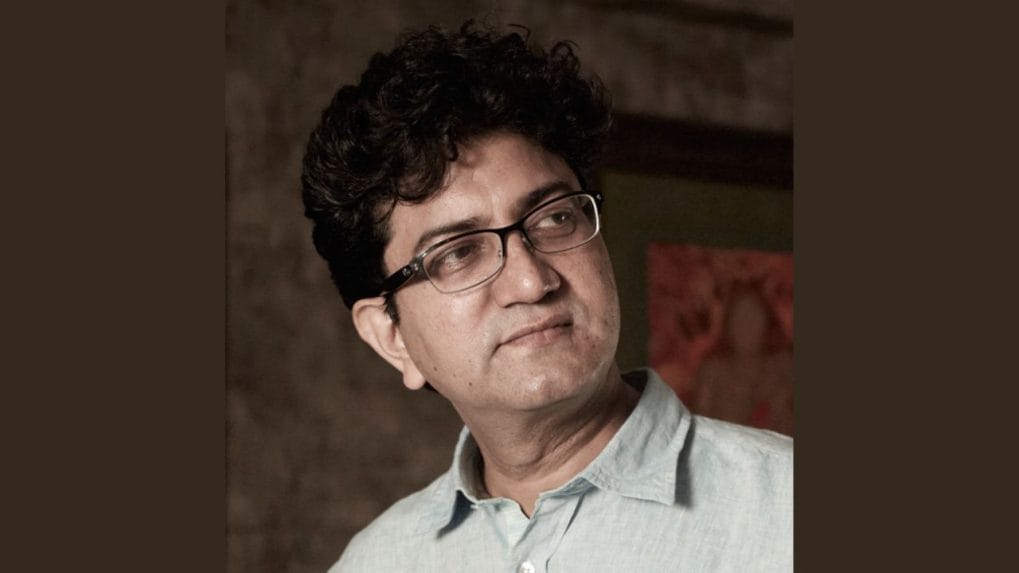Prasoon Joshi on WAVES: 'A Powerful Signal from India to the World'
"As an artist and someone who works in the creative field, being here feels timely. This is the moment. It’s time to rise, time to act and to bring your life’s work into focus. This is the right time,” Prasoon Joshi declared at WAVES 2025.
ADVERTISEMENT
At WAVES 2025, McCann Worldgroup India Chairman & CEO and poet Prasoon Josh remarked, “I believe WAVES will have a significant impact on the entertainment industry. A congregation of this scale sends out a powerful signal, not just to India, but to the world. And I think full credit goes to our Prime Minister for taking the initiative. We often talk about such ideas, but they rarely materialize. Organizing something like this is no small feat."
"This is just the beginning. A platform has been created, and that in itself is a big step but there’s still much work to be done. What’s most important now is how we come together and make use of this opportunity with the right mindset," he added and emphasized, "Events like WAVES are a statement. They say that India is not just a marketplace; it's a source of future ideas, future products, and future thinking."
"As an artist and someone who works in the creative field, being here feels timely. This is the moment. It’s time to rise, time to act and to bring your life’s work into focus. This is the right time,” Joshi declared.
Read More:Imagine a world where AI meets Ancient Intelligence: Nita Ambani at WAVES 2025
Joshi used Anton Chekov's Misfortune as a metaphor for subtle influence and moral choice. In the story, the woman is emotionally manipulated through indirect communication — much like how today’s marketing can influence consumers through algorithms, data, and psychology, without them realizing it. He’s essentially drawing a parallel between the manipulative friend in Chekhov’s story and unethical marketing practices — and urging brands to instead choose conscience over conversion.
"I don’t know how many of you have read Anton Chekhov, the renowned Russian writer, but he wrote a story called Misfortune. It’s about a married woman who feels a growing attraction toward her husband’s friend. The twist is that this friend never directly approaches her — instead, he cleverly uses the husband as a messenger. He knows the husband will come back and share their conversations, his philosophies, his love for things like sunsets — and through this, he creates a persona that slowly entices the woman, without ever meeting her," he shared.
"She begins to fall for him — not through interaction, but through curated influence. It reaches a point where, though Chekhov leaves the ending ambiguous, you sense that she’s about to confront him. She may say something like, ‘Yes, you’ve managed to attract me. But I won’t betray the man who truly loves me. You were only playing a game."
"What wins in that moment? It’s not desire, it’s not manipulation — it’s conscience. A higher awareness," Joshi reflected.
Joshi drew a compelling parallel between literature and marketing ethics, urging brands to reflect on their role in shaping consumer behavior. He cautioned against manipulation and emphasized the need for conscience-driven communication in the age of data. "Today, as marketers, we have incredibly powerful tools. We know so much about the consumer — what they want, when they’re vulnerable. And we have to ask ourselves: are we being exploitative, or are we evolving with them? In that moment of vulnerability, do we push a product or do we offer something meaningful?"
"That’s why our education system, our societal values, and especially parenting are more important than ever. These ethical choices are exactly what we need to be discussing in forums like this.”
Read More:Netflix CEO: $2 bn economic impact and 20,000 jobs created in India post Covid


